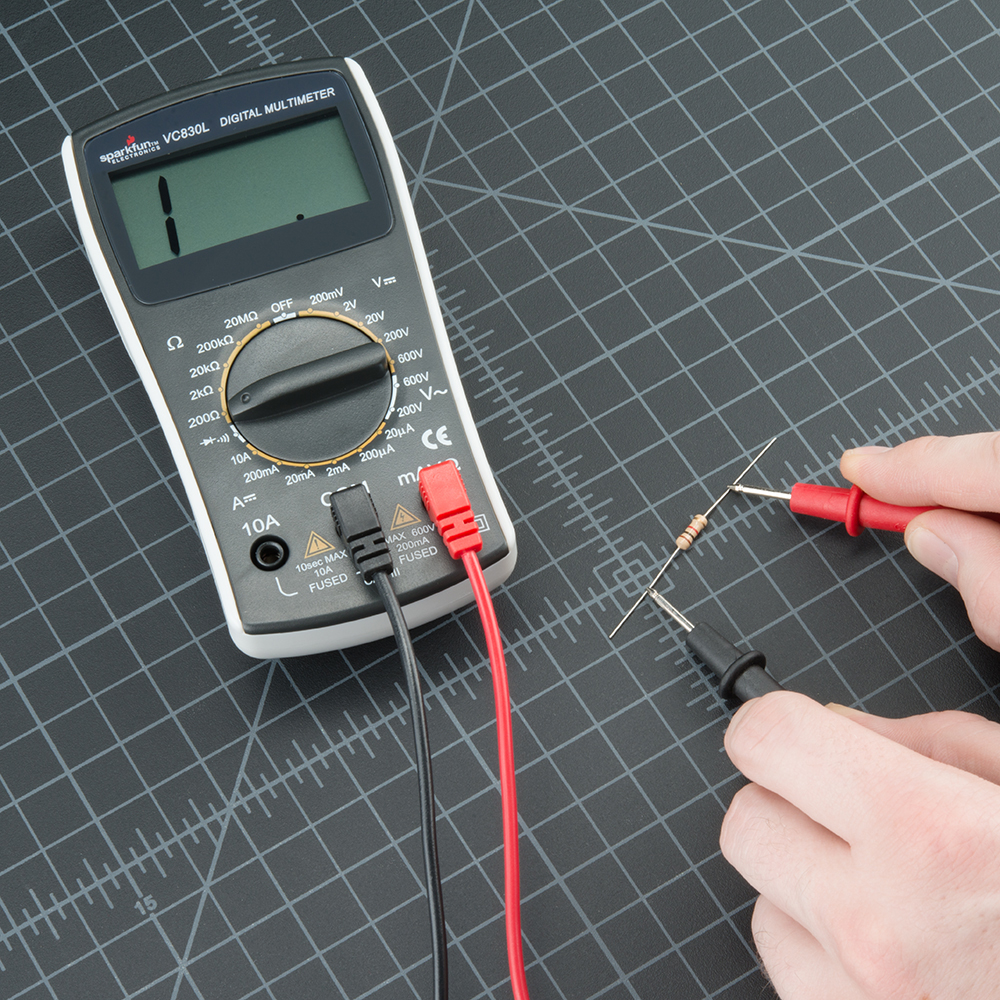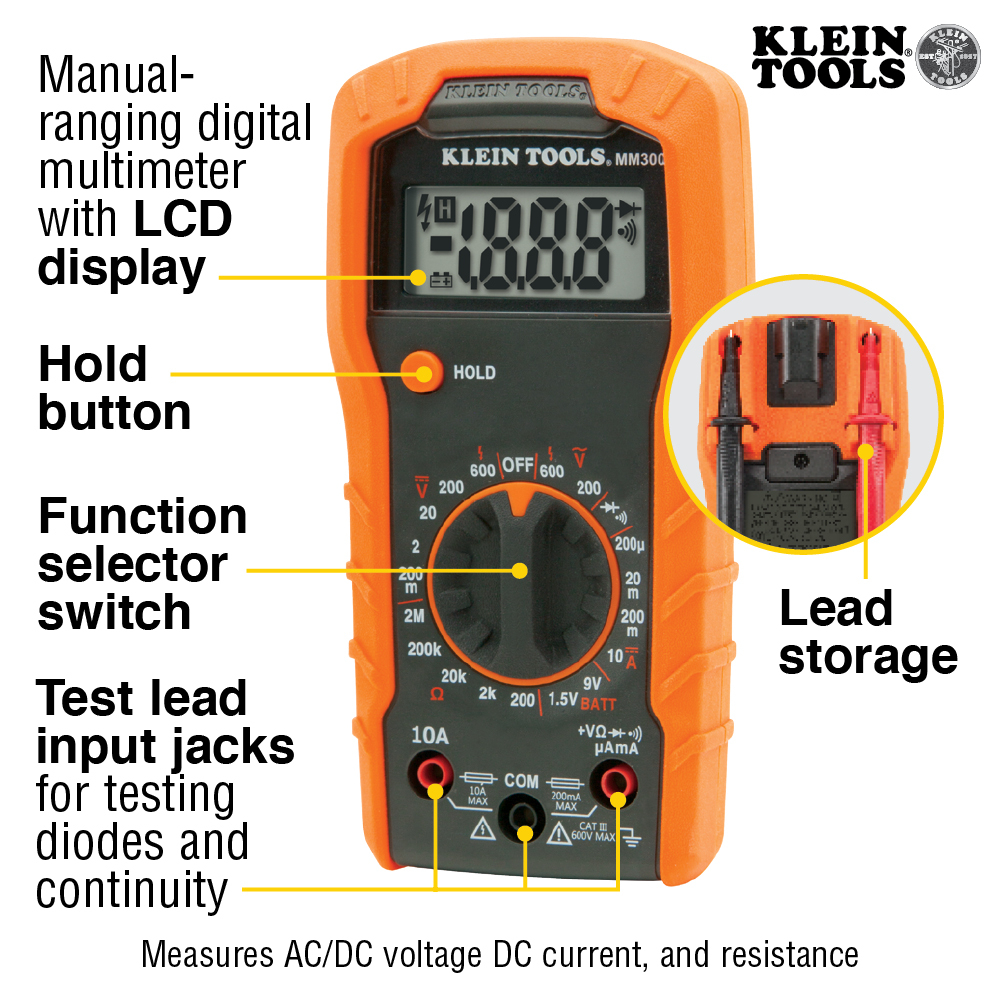An electrical conductivity meter ec meter measures the electrical conductivity in a solution it has multiple applications in research and engineering with common usage in hydroponics aquaculture aquaponics and freshwater systems to monitor the amount of nutrients salts or impurities in the water.
Measuring conductivity of water with a multimeter.
Dc current in water creates electrolysis the conversion of water into it s two parts hydrogen and oxygen.
Large batteries will create large am.
When water conducts electricity it is made possible by water impurities such as metals.
Likewise fresh or nearly pure water should have a lower tds constant closer to 0 47 0 50 36.
There are two methods.
Learn to measuring the conductivity of water as a test of its purity.
For example the measurement of product.
Around 0 735 and 0 8 respectively 20.
Water conductivity test equipment can be used to build up an understanding of the typical range of conductivity for a particular water body.
In general pure solutions such as distilled water have low conductivity while saline or nutrient rich solutions such as seawater or fertilizers have.
Plug the red and black leads of the multimeter into its positive and negative ports respectively.
Conductivity or specific conductance of an electrolyte solution is a measure of its ability to conduct electricity the si unit of conductivity is siemens per meter s m.
The standard unit of measure for conductivity is microsiemens per centimeter.
By touching the negative and positive leads of a multimeter that is on in the resistance setting allows you to measure the conductivity of water a test of its purity.
At best you can estimate the conductivity of water using a multimeter.
However when measuring mixed water or saline water with a conductivity value greater than 5000 us cm the tds constant should be higher.
Conductivity is related to the resistance to current flow of the water.





























